Population Health News Roundup: May 2021
JoAnne DyerIAPHS Members in the News
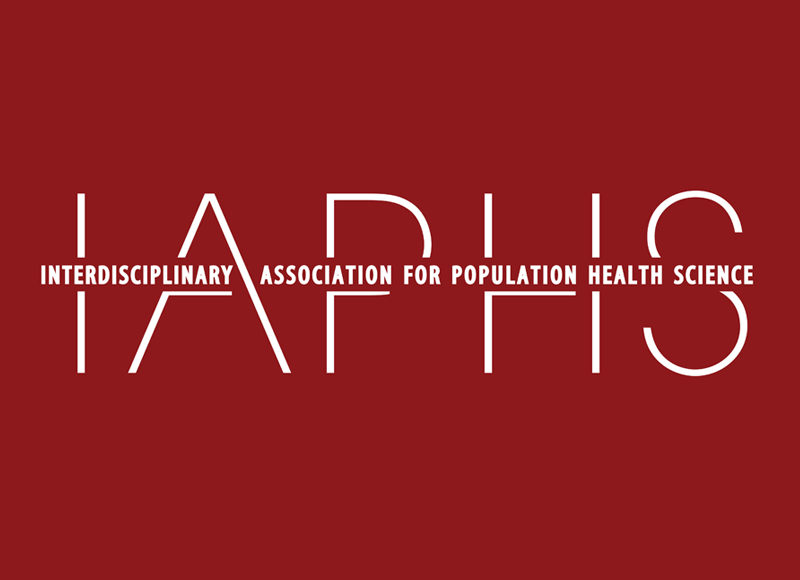 Sandro Galea in the American Journal of Public Health: Excess deaths attributable to COVID19-related unemployment “will add to those directly associated with the virus and will disproportionately burden groups already experiencing incommensurate COVID-19 mortality.” (March 10, 2021)
Sandro Galea in the American Journal of Public Health: Excess deaths attributable to COVID19-related unemployment “will add to those directly associated with the virus and will disproportionately burden groups already experiencing incommensurate COVID-19 mortality.” (March 10, 2021)
Sandro Galea in Vice: Many of us are struggling with collective trauma as we try to recover from the pandemic. “Those who are in a more privileged socioeconomic position—those who can telecommute, order all they need online, and rest easy with a cushion of savings in the bank—have had a very different experience than, say, the Amazon delivery driver who has had to go to work in person each day to make ends meet.” (May 11, 2021)
Rita Hamad with the UCSF School of Medicine via YouTube: Social and economic policies that address social determinants of health sometimes work and sometimes don’t; well-intentioned policies may have negative effects. (May 7, 2021)
Rita Hamad in Journal of Epidemiology & Community Health: Larger Earned Income Tax Credit (EITC) amounts were associated with “reductions in psychological stress.” (May 14, 2021)
Grace Noppert in AJPH: Shortcomings of national surveillance activities include a lack of a “funded and enforced federal mandate to report data on race/ethnicity” and “suppressing or collapsing data across groups.” (May 5, 2021)
Disparities
Too many homebound people remain unvaccinated: People who are unable to leave home due to age, disability, or frailty are not getting the vaccines they need. The Biden administration has dedicated $100 million to help. (Kaiser Health News, April 30, 2021)
Latinx communities want vaccinations, but access problems remain: Concerns about missing work, paying for shots, and immigration status are barriers. (Kaiser Health News, May 13, 2021)
Environmental Health & Justice
Systemic racism is behind disparities in air pollution exposure: People of color are exposed to greater levels of air pollution from all sources across many types of neighborhoods, suggesting a systemic set of causes. (University of Washington News from a study in Science Advances, April 28, 2021)
Environmental justice in the Washington State Legislature: Will the HEAL Act remedy environmental injustice for communities of color in Washington State, where Black Washingtonians are “10 times more likely to reside in highly polluted areas…”? (Investigate West, April 4, 2021)
Missouri DNR violated the Civil Rights Act, says the EPA: The Missouri State department “failed to comply with several nondiscrimination requirements.” This could signal a more environmental-justice-focused approach from the Biden administration’s EPA. (Grist,
Place
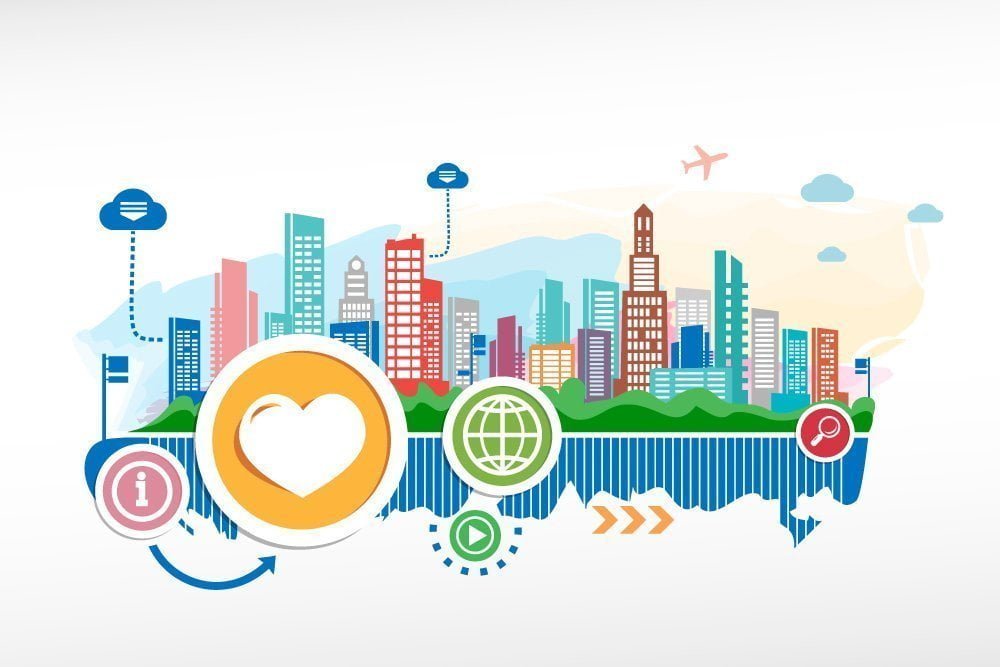 Historically redlined neighborhoods are now flooding: Disparities in development and disinvestment have led to increased flooding in neighborhoods redlined in the past–generally neighborhoods with more non-white residents. (Bloomberg CityLab, March 15, 2021)
Historically redlined neighborhoods are now flooding: Disparities in development and disinvestment have led to increased flooding in neighborhoods redlined in the past–generally neighborhoods with more non-white residents. (Bloomberg CityLab, March 15, 2021)
High blood pressure in kids linked to prenatal air pollution: Mothers’ folate intake may offer their children protection. (University of Washington News from a study in Environmental Health Perspectives, May 14, 2021.)
Policy & Programs
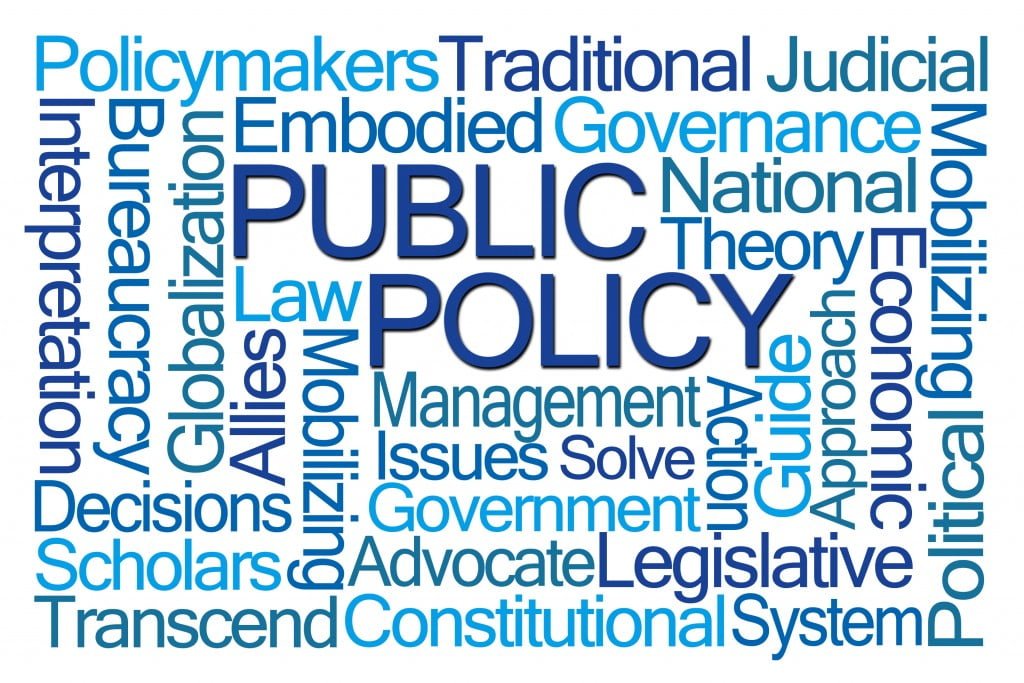
Unemployment insurance helps with food security: During the pandemic, people receiving unemployment insurance plus the $600/week federal supplement experienced better food security. (JAMA Network Open, January 29, 2021)
Falling into the Medicare/Medicaid gap: People covered under Medicare who lack supplemental coverage and aren’t eligible for Medicaid (people called “near-poor” by the researchers) incur more out-of-pocket spending and fill fewer prescriptions. (Health Affairs, April 2021)

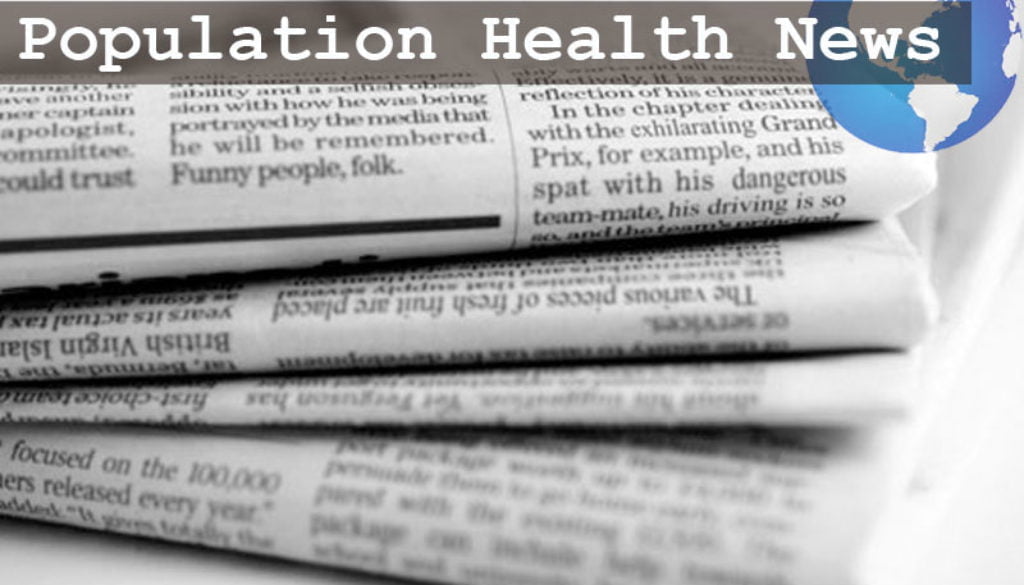

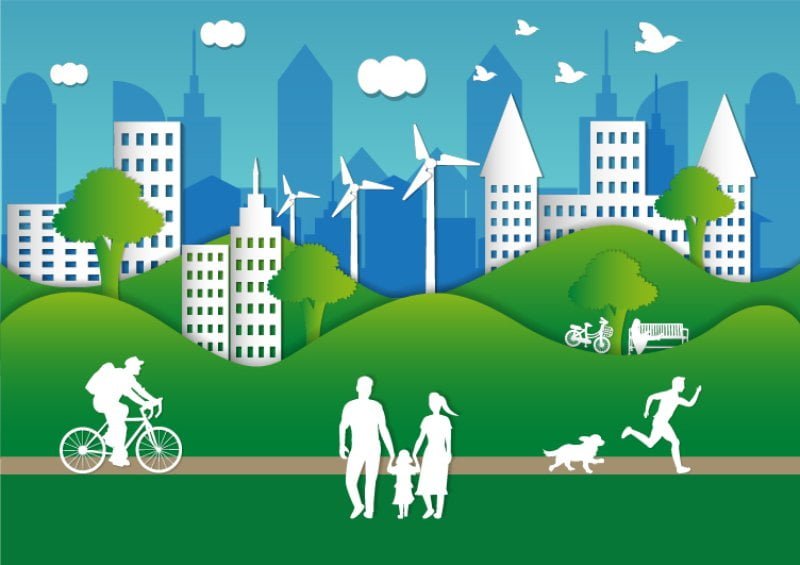




All comments will be reviewed and posted if substantive and of general interest to IAPHS readers.